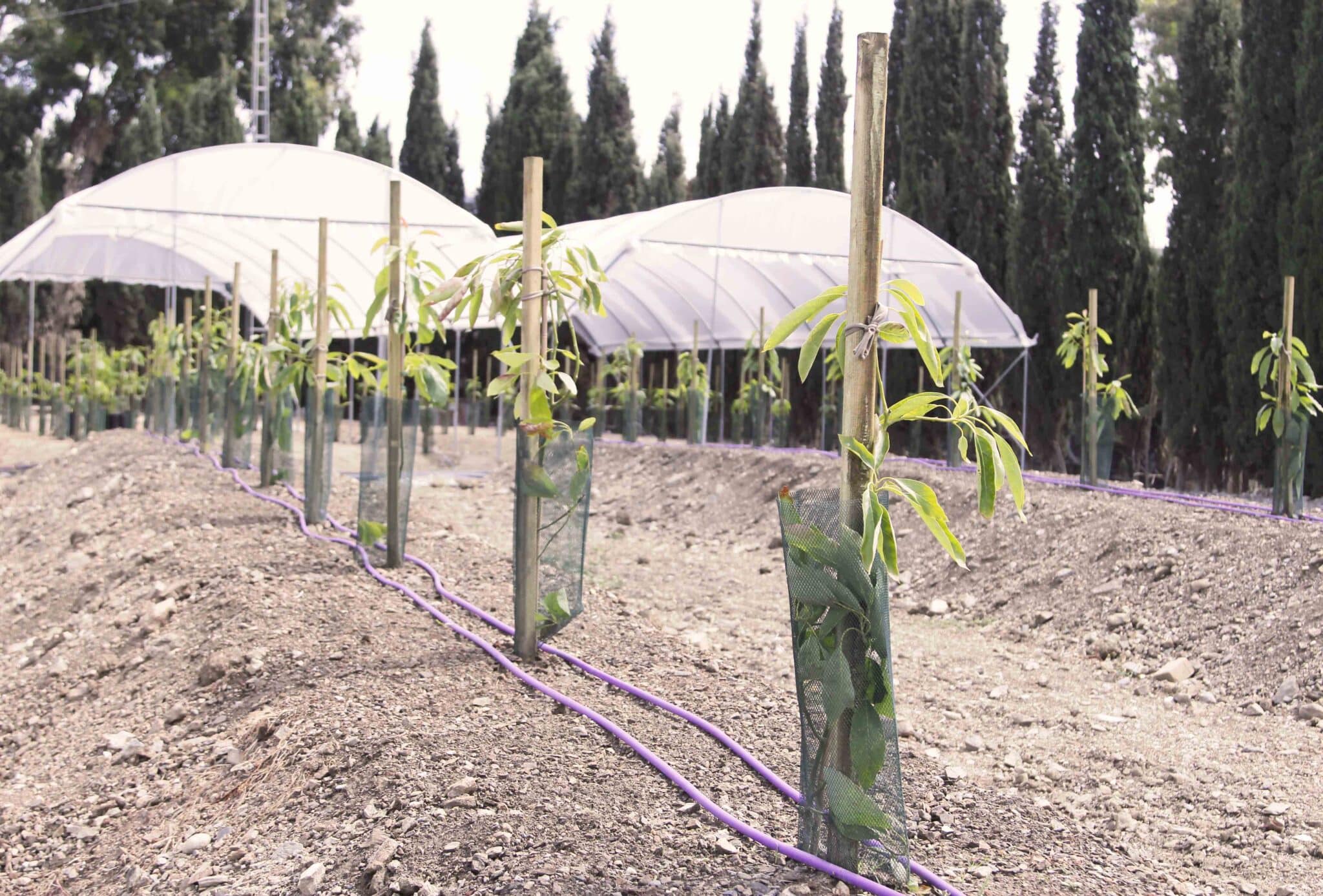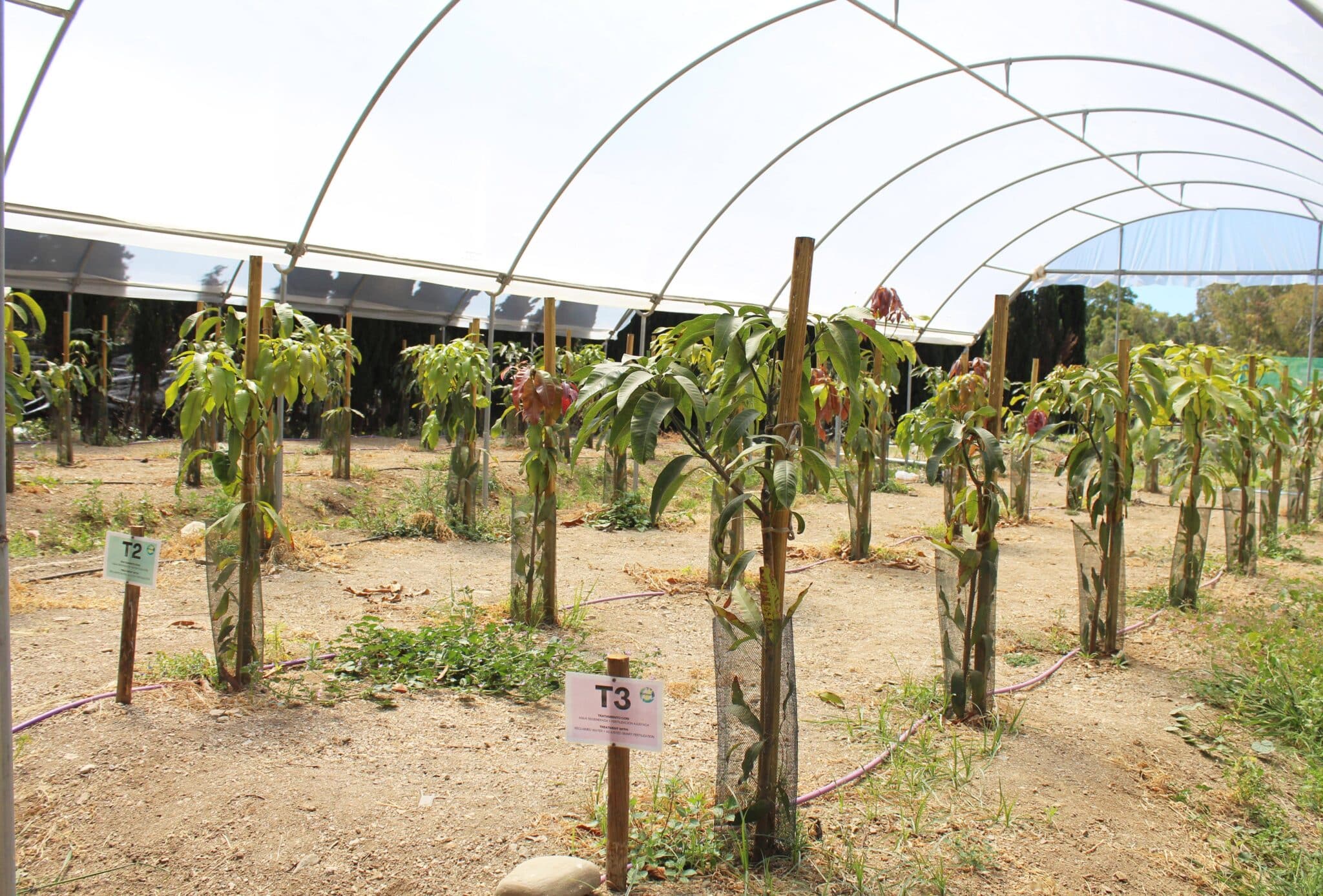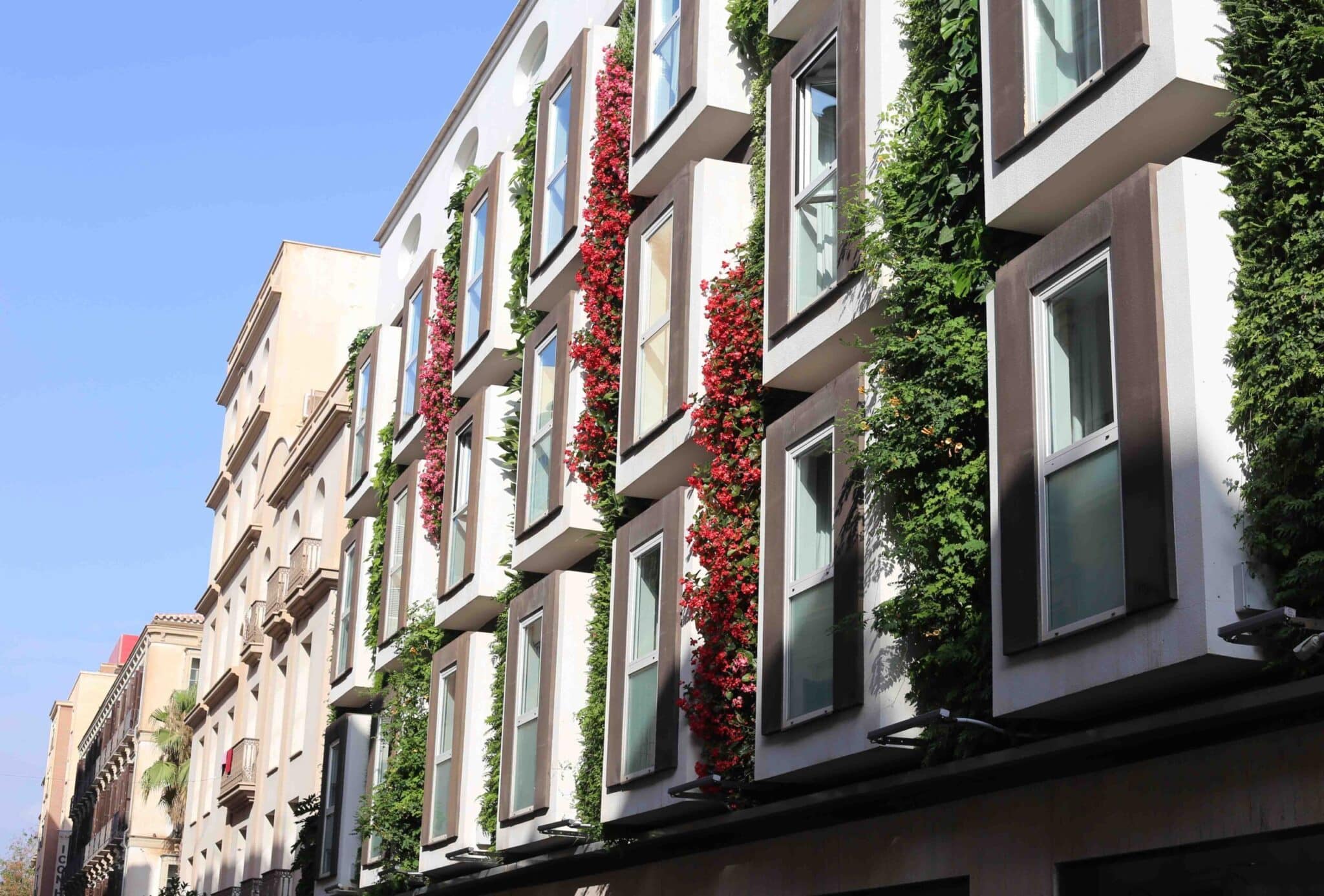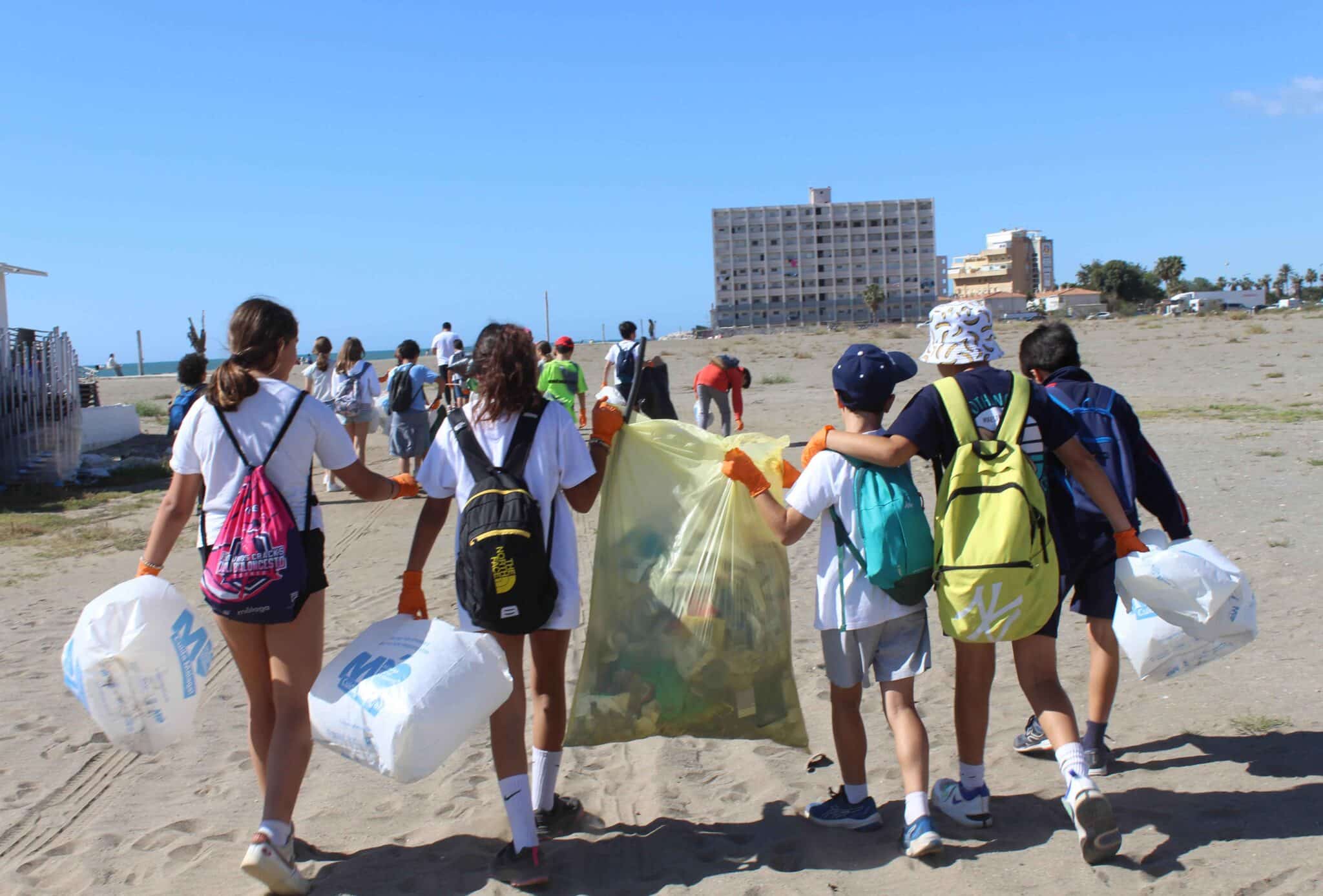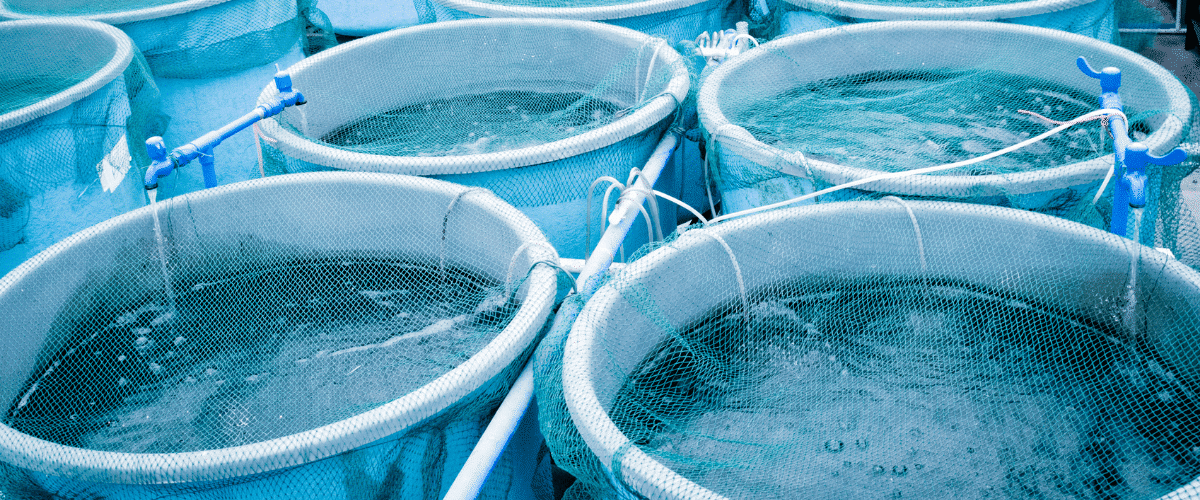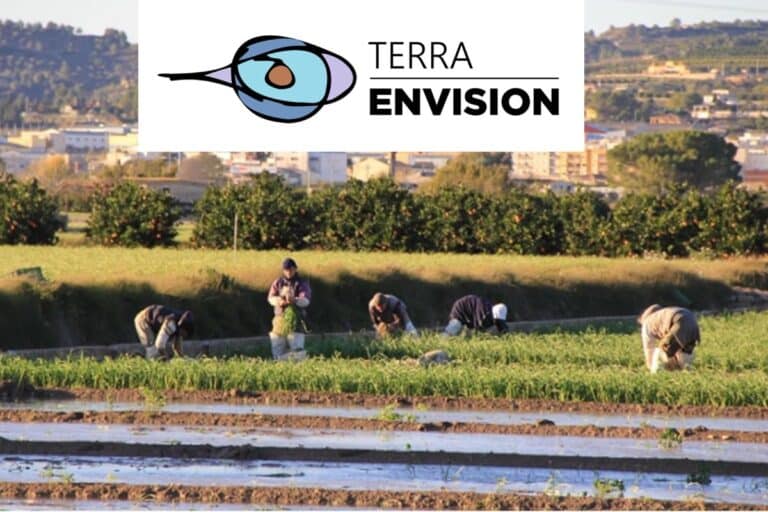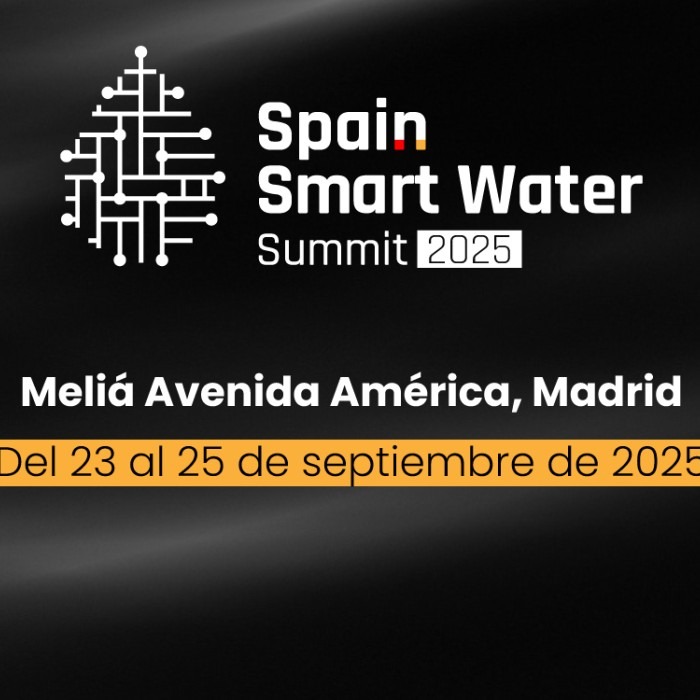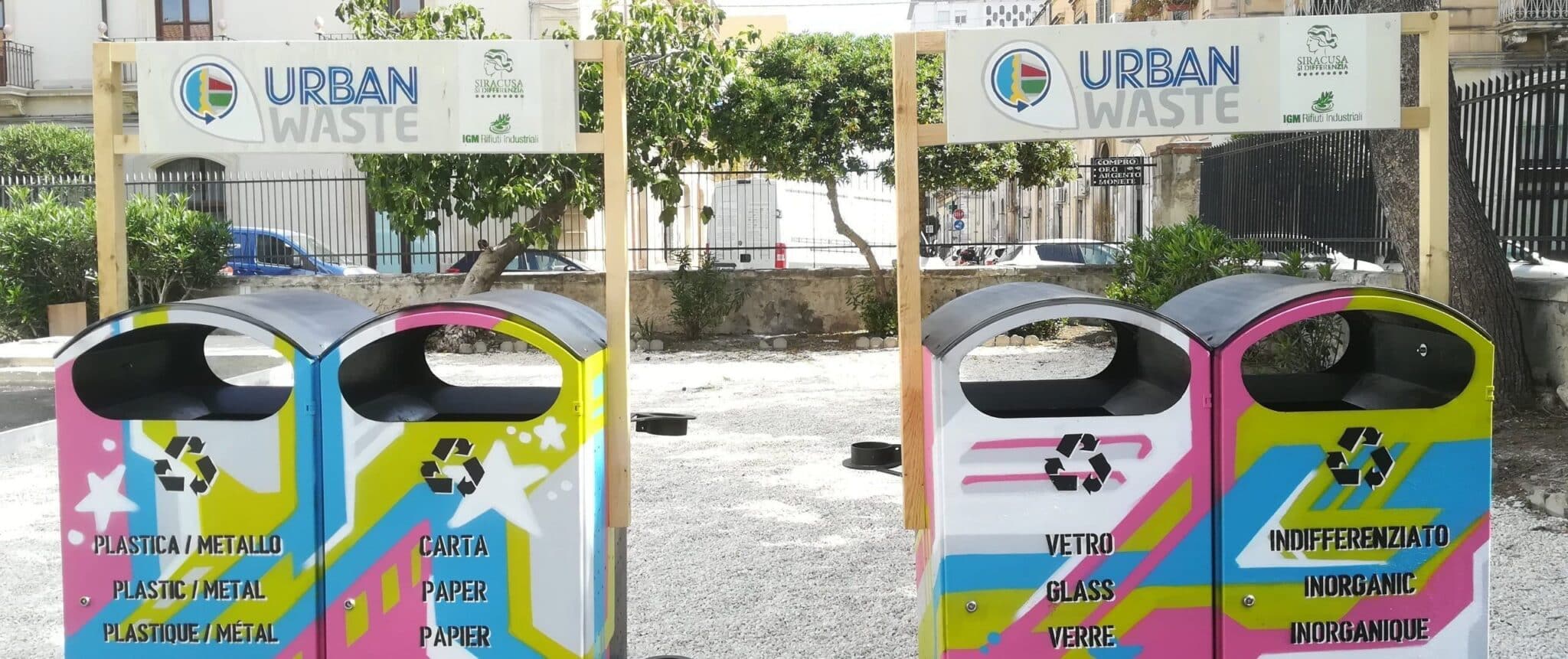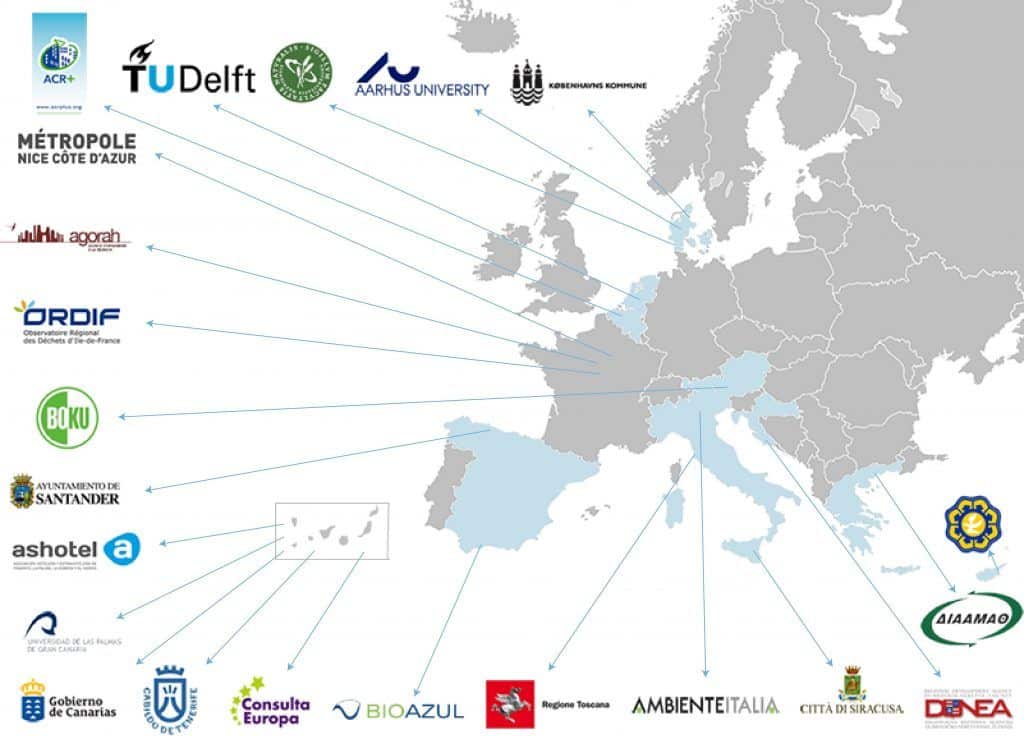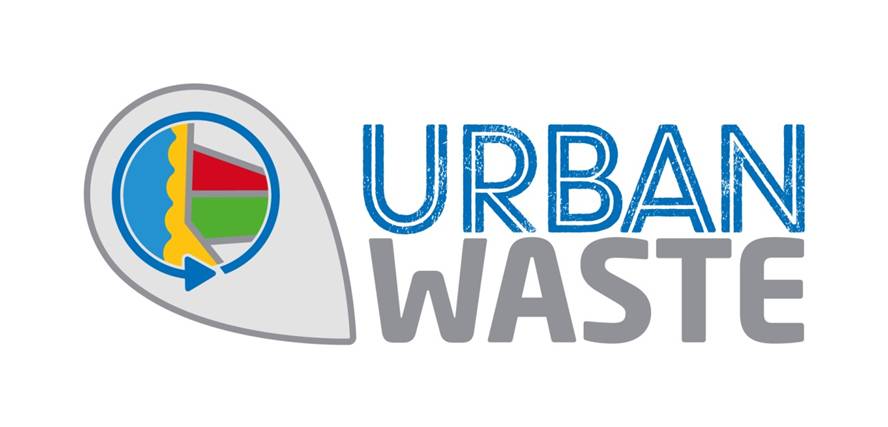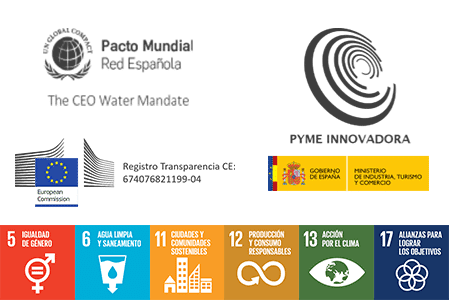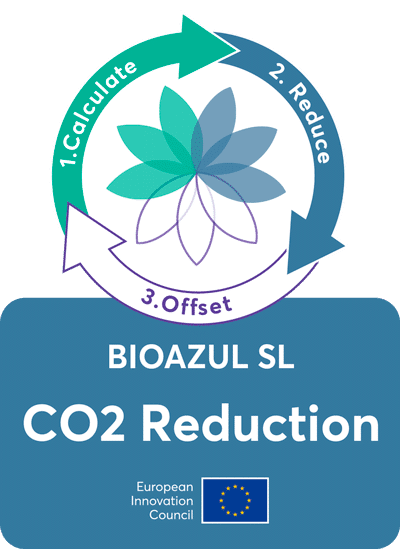Some cities in Europe are greatest tourism destinations worldwide. During the high season, some of these touristic cities have to cope with a residing population that contributes to reach from two to ten times their usual number of inhabitants. The socio-economic impact of these visitors is extraordinary, therefore urban tourism, with the economic and employment opportunities it creates, has become a key factor in overall urban planning. However, at the same time tourism brings a range of negative externalities, including high levels of unsustainable resource consumption and waste production.
Thus, touristic cities have to face additional challenges related to waste prevention and management: their geographical and climatic conditions, the seasonality of tourism flow and the specificity of tourism industry and of tourists as waste producers. These challenges threaten, amongst other things, the preservation and conservation of those ecosystem services – sea, beaches, natural parks – offered by tourist destinations, which are at the basis of the environmental survival of tourist cities and of their attractiveness.
The URBAN-WASTE objective was to help develop strategies aimed at reducing the amount of municipal waste production as well as strategies to further develop re-use, recycling, collection, and disposal of waste. In doing so URBAN-WASTE adopted and applied the urban metabolism approach to support the switch to a circular model where waste is considered as resource and reintegrated in the urban flow.
The project developed eco-innovative and gender-sensitive waste prevention and management strategies in cities with high levels of tourism in order to reduce the urban waste production and improve municipal waste management. These strategies facilitate the reintroduction of waste as a resource into the urban metabolism flows and address waste management, risk prevention and land-use as an integral part of urban development.
11 pilot cities and regions were on the frontline of the project, implementing the developed tools and strategies: Tenerife (ES), Tuscany region (IT), Kavala (GR), Copenhagen (DK), Lisbon (PT), Metropole Nice Cote d’Azur (FR), Nicosia (CY), Ponta Delgada (PT), Santander (ES), Syracuse (IT) and Dubrovnik-Neretva County (HR).
The participatory approach was structured in a mobilisation and mutual learning action plan for waste prevention and management in tourist cities and attracted a number of non-partner cities, too.
